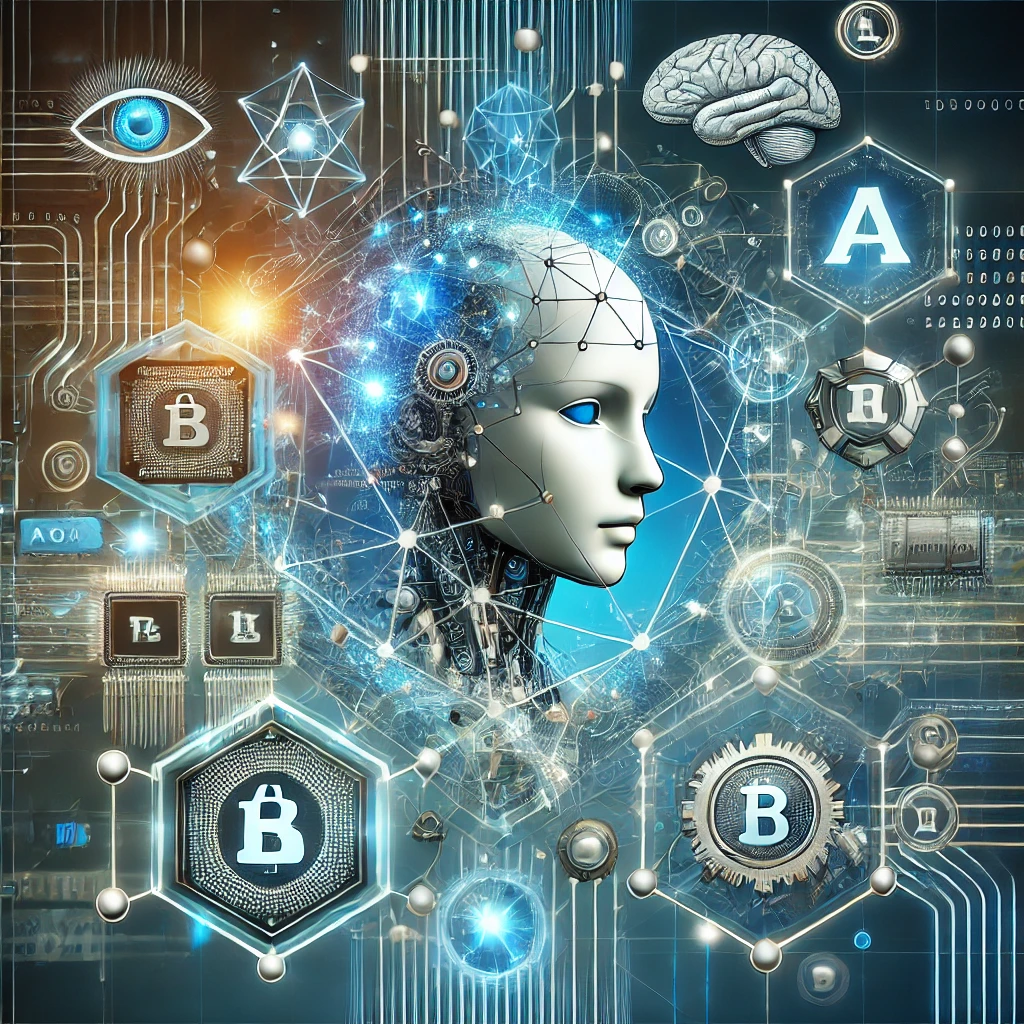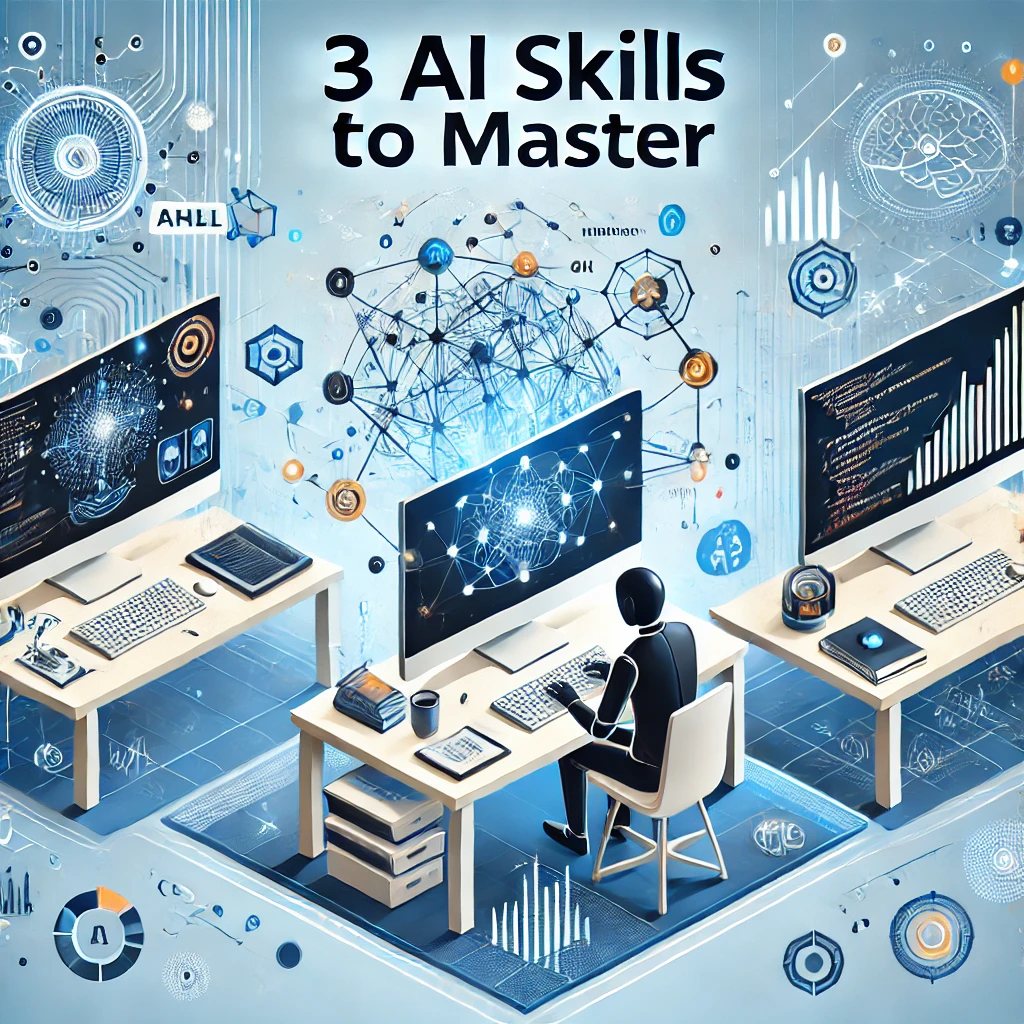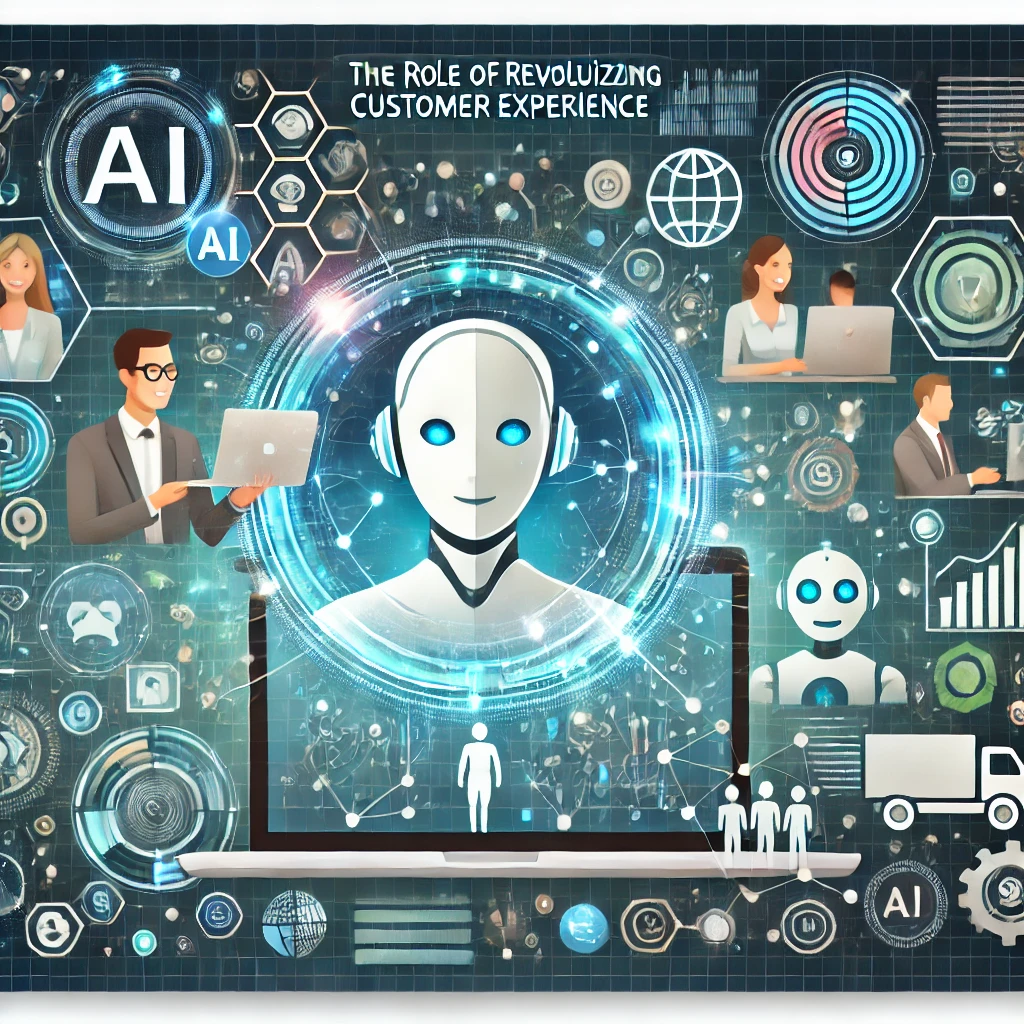Artificial Intelligence (AI) is driving a revolution in healthcare, offering groundbreaking solutions that improve diagnostics, streamline operations, and enhance patient outcomes. By leveraging vast amounts of data and advanced algorithms, AI transforms how healthcare professionals deliver care and manage resources. Let’s explore the key ways AI is reshaping the healthcare industry
1. Revolutionizing Diagnostics
AI-powered tools are setting new standards in diagnostic accuracy and speed. By analyzing medical data such as imaging scans, lab results, and patient histories, AI can identify conditions that human experts might miss.
- Medical Imaging: AI algorithms detect abnormalities in X-rays, MRIs, and CT scans with remarkable precision. For example, AI tools can identify early signs of cancer or fractures.
- Pathology: AI assists in analyzing tissue samples to diagnose diseases such as cancer, reducing the time required for analysis.
- Predictive Diagnostics: AI systems predict the likelihood of diseases based on genetic data and lifestyle factors, enabling preventive care.
Real-World Example:
Google’s DeepMind has developed AI models that detect over 50 eye diseases with the accuracy of top doctors.
2. Enhancing Patient Care with Predictive Analytics
Predictive analytics powered by AI is revolutionizing patient care by anticipating risks and outcomes.
- Disease Outbreaks: AI analyzes global health data to predict and monitor disease outbreaks, enabling faster responses.
- Hospital Readmissions: Predictive models identify patients at risk of readmission, allowing for targeted interventions.
- Personalized Treatment: AI tailors treatments to individual patients by analyzing genetic data, medical history, and treatment responses.
Real-World Example:
IBM Watson Health provides personalized cancer treatment recommendations by analyzing vast amounts of medical literature and patient data.
3. Advancements in Robotic-Assisted Surgeries
AI is pushing the boundaries of surgical precision and safety through robotic systems.
- Minimally Invasive Procedures: Robots like the da Vinci Surgical System use AI to perform complex surgeries with greater precision and less recovery time.
- Real-Time Guidance: AI systems provide surgeons with real-time insights and suggestions during procedures.
- Training Simulations: AI-powered simulators train surgeons in a risk-free virtual environment.
Real-World Example:
Robotic systems are used in procedures like knee replacements and heart surgeries, resulting in fewer complications and faster recovery times.
4. Streamlining Administrative Processes
AI reduces the administrative burden in healthcare, allowing professionals to focus on patient care.
- Medical Coding: AI automates the coding of medical procedures for billing, reducing errors and administrative workload.
- Appointment Scheduling: AI-powered tools optimize scheduling to minimize wait times and improve resource utilization.
- Claims Processing: AI streamlines the review and approval of insurance claims, speeding up reimbursements.
Real-World Example:
NLP (Natural Language Processing) tools analyze physician notes to automate medical documentation.
5. Challenges and Ethical Considerations
While AI offers tremendous benefits, it also poses challenges:
- Data Privacy: Ensuring compliance with regulations like HIPAA to protect sensitive patient data.
- Bias in Algorithms: Addressing biases in AI systems to ensure fair and accurate healthcare outcomes.
- Integration Costs: Implementing AI systems requires significant investment and changes in infrastructure.
Conclusion
AI is transforming the healthcare industry by improving diagnostics, personalizing treatment, and enhancing operational efficiency. As technology advances, AI’s role in healthcare will continue to grow, offering new opportunities to save lives and improve quality of care. However, addressing challenges like data privacy and ethical considerations will be essential to fully realize AI’s potential in healthcare




